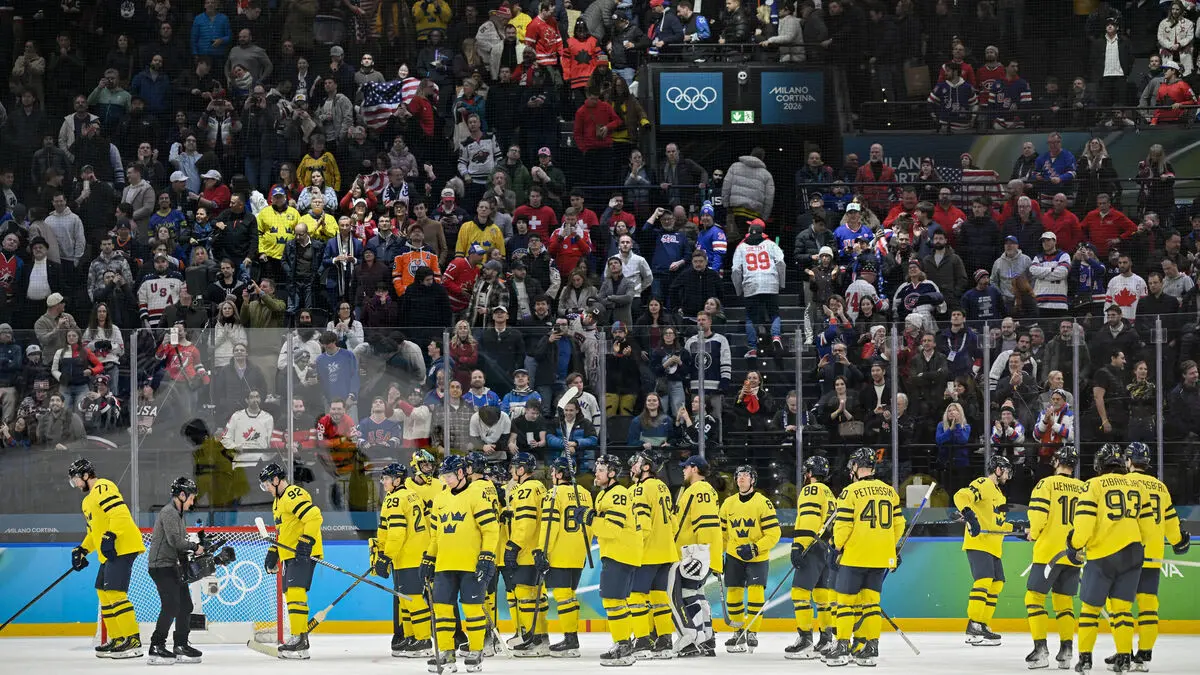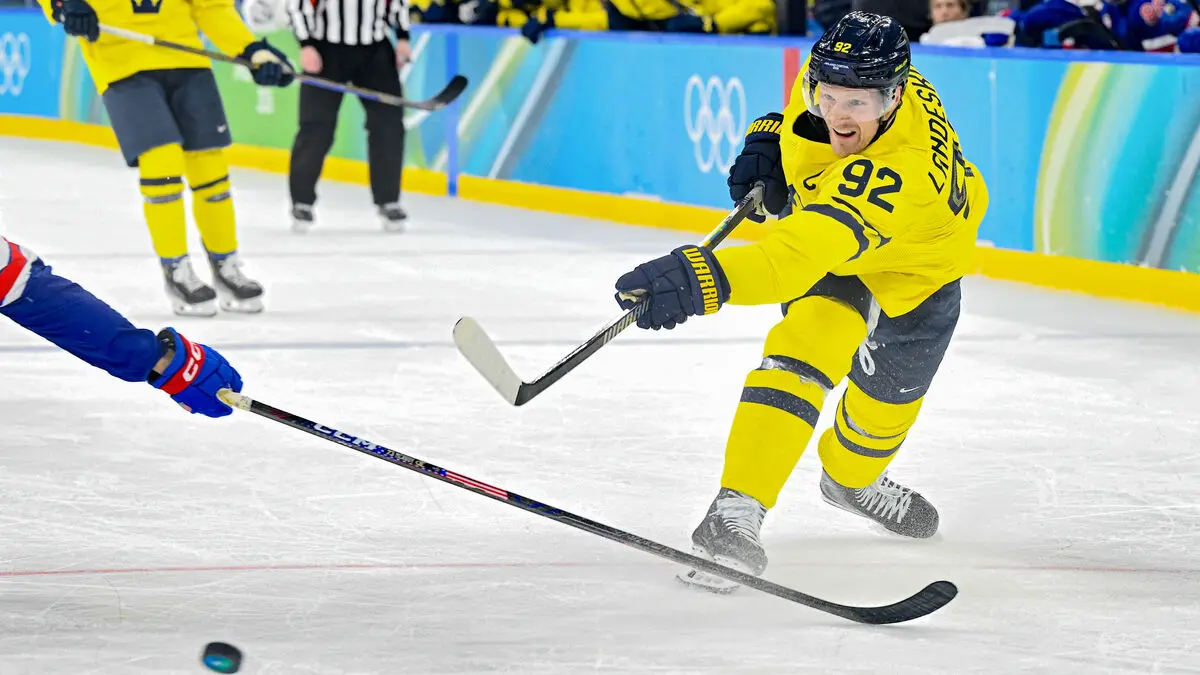Accounts that no outsiders can contact and a guarantee that children are not exposed to "pornography or other age-inappropriate content", this is two of the new guidelines when the EU is trying to strengthen the protection for young people online.
It is under the EU's law DSA (digital services act) that the guidelines are being drafted. DSA is the tool that the EU has used to broadly get tech giants such as Tiktok, Google and Meta to improve when it comes to, for example, content that can be harmful to children and young people. DSA has also been used to more broadly get large companies to behave within areas such as misinformation.
Deadline
Now the EU wants help with getting new guidelines to more clearly protect children and young people online. On its site, the EU Commission is requesting feedback from "all stakeholders including children, parents, authorities, online platforms and experts".
Latest by June 10, those who want to submit comments. The guidelines are then planned to be published during the summer.
In the draft of the guidelines, the EU Commission notes that different platforms need to be assessed based on different risk levels, so that children's right to be heard is not restricted.
Platforms should also avoid building their services so that children can "get stuck in a pit of harmful content".
Power over apps
The use of social media by children and young people has been an infected debate for several years. The Public Health Agency and the government went out as recently as last winter with advice to reduce screen time among minors.
Children and families should have power over the apps and not the other way around, said the Public Health Agency's investigator when the advice was presented.






